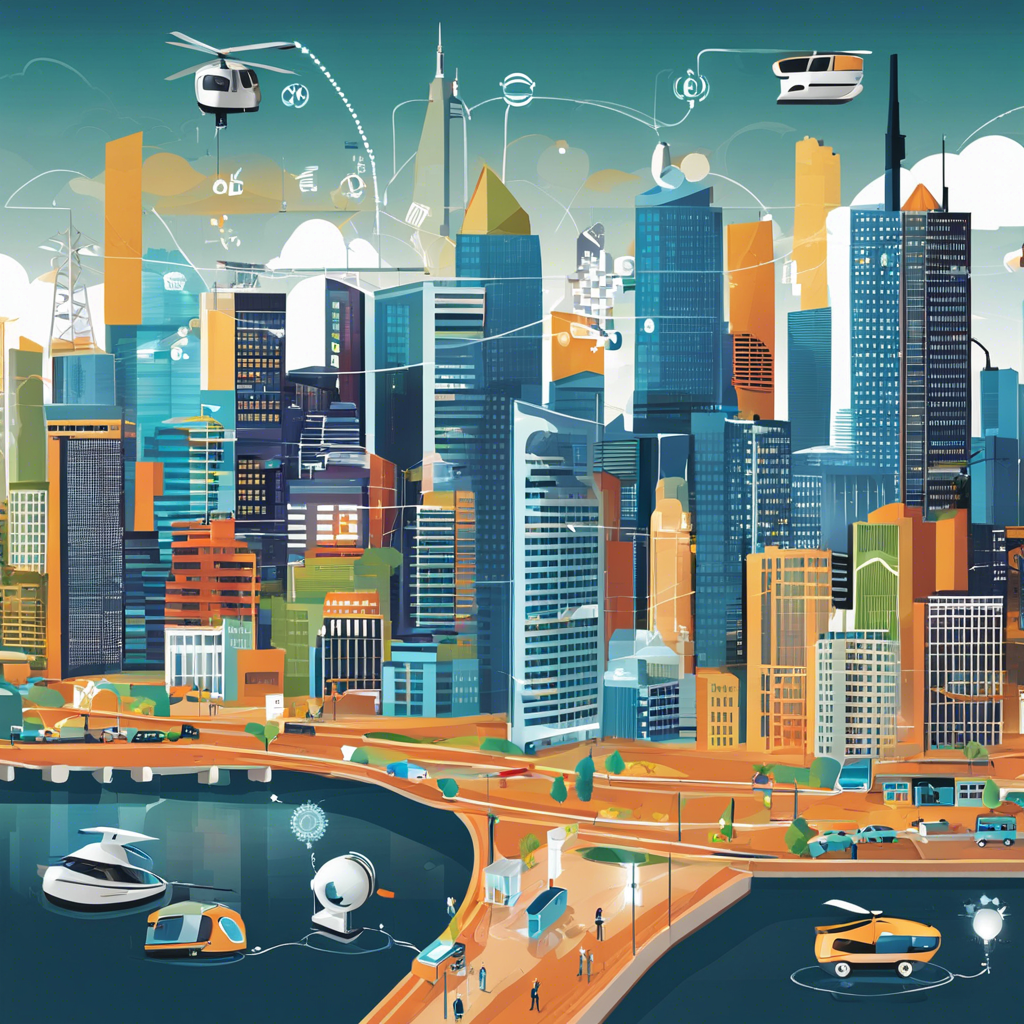# The Internet of Things (IoT) Revolutionizing Urban Life
The concept of “smart cities” is transforming the way we live and interact with our urban environments, and at the heart of this transformation is the Internet of Things (IoT). IoT is a network of physical devices, vehicles, home appliances, and other items embedded with sensors, software, and connectivity, allowing them to connect and exchange data. This technology is revolutionizing numerous industries, and its impact on smart cities and urban living is truly profound. With IoT, cities are becoming more efficient, sustainable, and responsive to residents’ needs, marking a significant shift in the way we experience urban life.
A smart city utilizes IoT technology to enhance various aspects of urban living, from transportation to energy management. For instance, smart traffic lights can monitor traffic flow and adjust their timing to reduce congestion, making daily commutes smoother. Additionally, smart parking systems can guide drivers to available parking spots, reducing the time spent searching for parking and decreasing traffic congestion in city centers. These IoT-enabled solutions not only improve the quality of life for residents but also contribute to a more sustainable and environmentally friendly city.
The benefits of IoT in urban living extend to the domestic sphere as well. Smart home devices, such as thermostats, lighting systems, and security cameras, enable homeowners to remotely control and monitor their living spaces. This level of connectivity and control allows people to optimize their energy consumption, enhance home security, and improve overall convenience. For instance, a smart thermostat can learn a homeowner’s preferences and adjust the temperature accordingly, leading to energy savings without sacrificing comfort.
Furthermore, the integration of IoT in smart cities facilitates the development of innovative urban services. Smart waste management systems, for instance, can optimize waste collection routes based on real-time data, making the process more efficient and reducing operational costs. Smart street lighting can adjust brightness based on weather conditions and pedestrian presence, saving energy and creating a safer urban environment.
